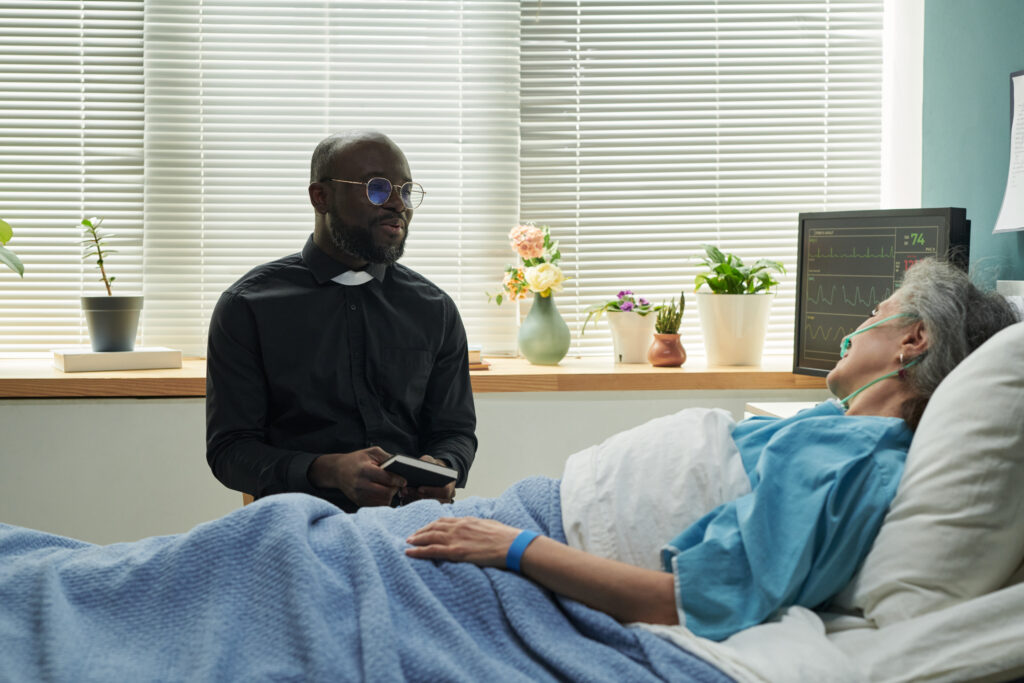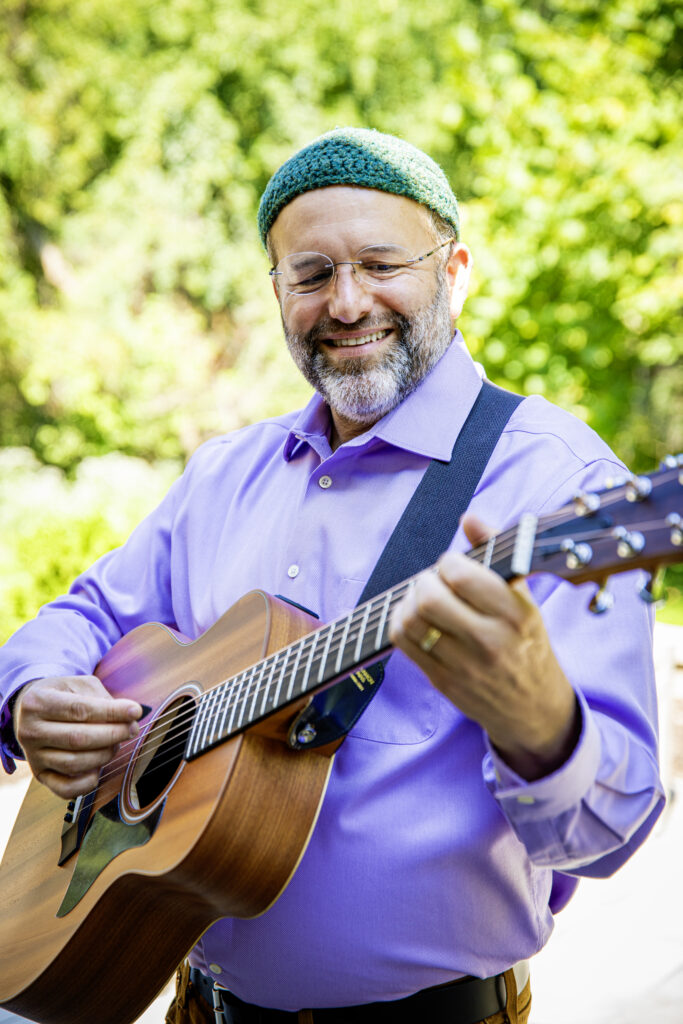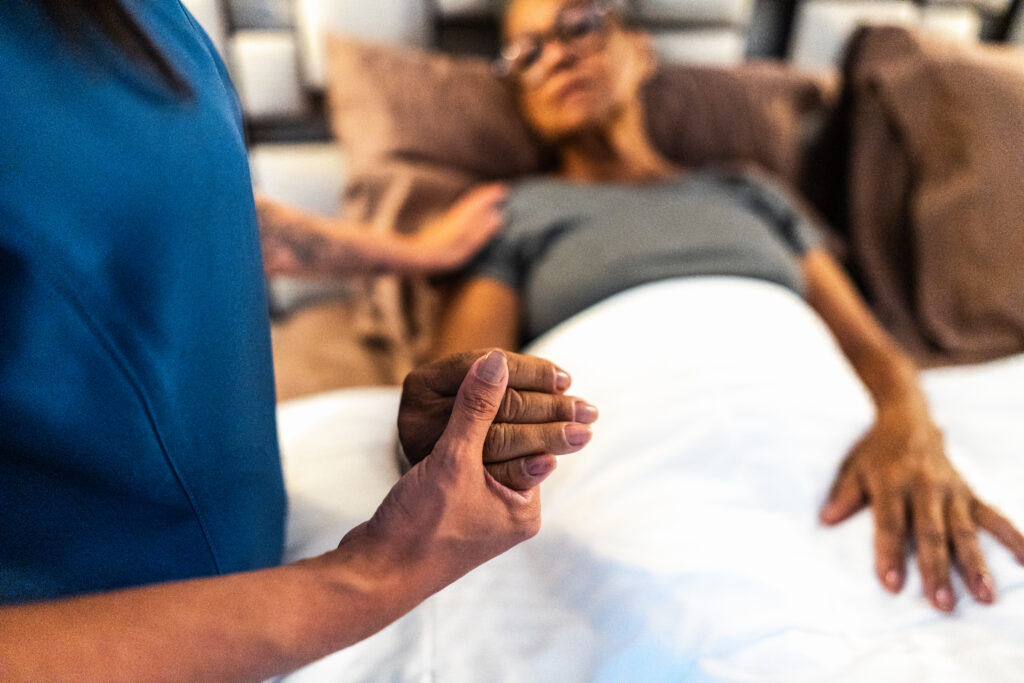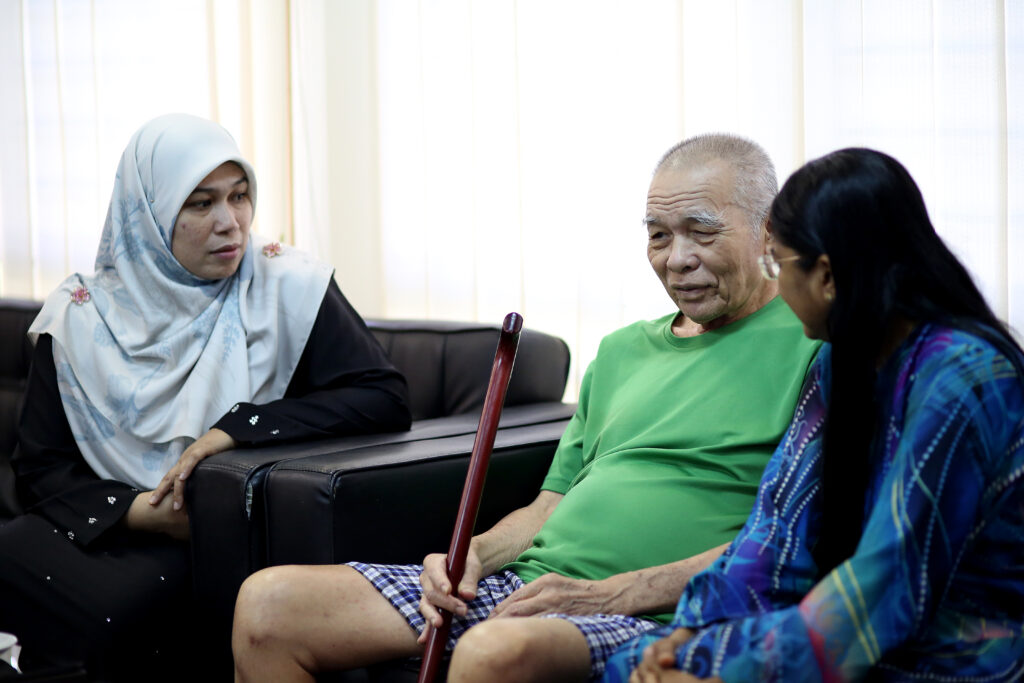Honoring Spiritual Diversity in End-of-Life Care
How Gilchrist Supports Meaningful Traditions Across All Beliefs
At Gilchrist, spiritual care is a vital part of the hospice journey, offering comfort and meaning when it matters most. Chaplains are an integral part of every patient’s care team, helping individuals and their loved ones reflect on life, face death without fear, and remain spiritually grounded in their final days. Gilchrist’s chaplains are trained professionals who support patients of any faith or background—including those who identify as agnostic or atheist. Whether a patient seeks to connect with religious rituals, explore unresolved questions, or simply find peace, the chaplain is there to listen, guide, and honor their unique spiritual path.

Chaplains assist with a wide range of needs, from helping patients find meaning in the face of suffering to fulfilling final wishes and performing religious or spiritual ceremonies. They also support families—offering guidance through funeral planning and bereavement, and ensuring their loved one’s traditions are upheld. As Chaplain Don Hohne, Gilchrist’s Clinical Specialist for Spiritual Care, explains: “Issues of suffering are the one thing that binds humanity. Especially as chaplains, we are called to serve that suffering. It is served by compassion. This is the underlying principle we live by.”
While much of this spiritual care is non-denominational, Gilchrist also goes above and beyond to meet the specific needs of lesser-known and diverse religious traditions.
A Unique Program for Jewish Patients
Gilchrist is one of the only hospice organizations in the region offering a dedicated Jewish Care and Support Program. This program, led by rabbis such as Rabbi Benjamin Shalva, ensures that Jewish patients and their families receive personalized, compassionate care rooted in their faith traditions.

“When a patient or family is admitted to Gilchrist—whether it’s home care, a senior living community, or one of our care centers—we offer the additional service of having a rabbi assigned to them,” Rabbi Shalva explains. “We provide pastoral counseling, consult on Jewish rituals, and stay connected throughout their time with us. Even after a patient passes, we support the family with mourning rituals and bereavement care.”
The care is flexible and customized based on the patient’s background. Whether someone is deeply observant or culturally but not religiously Jewish, the approach is never one-size-fits-all.
“We don’t walk in with a checklist,” Rabbi Shalva shares. “I’m curious about what will be meaningful for them. For some, that might mean chanting Psalms at the bedside. For others, it’s spiritual conversation, memory work, or simply being present. We tailor our care to reflect each patient’s level of observance and personal values.”
Extending Care to All Faith Traditions
For patients of other spiritual traditions—including Buddhism, Hinduism, Islam, Catholicism, and indigenous practices—Gilchrist chaplains begin by conducting a thorough spiritual assessment. This helps them understand the patient’s background and determine how best to support them.

“If the chaplain can provide appropriate spiritual care, they do,” said Rabbi Shalva. “But when a different tradition is needed, we reach out to partner organizations—mosques, temples, spiritual centers, and churches across the Baltimore area. We help connect families with local clergy who can offer the right guidance and support.”
While these outside clergy are not part of Gilchrist’s full-time staff, many maintain close partnerships and provide initial visits or rituals. In some cases, there’s an ongoing collaboration between the Gilchrist chaplain and the external faith leader to ensure continuous care.
Training Staff for Cultural and Spiritual Sensitivity
Gilchrist’s commitment to spiritual diversity extends beyond the chaplaincy team. Staff across the organization receive regular training to ensure culturally and spiritually responsive care, including sessions led by Rabbi Shalva on Jewish end-of-life customs and needs.
“These are not one-time trainings,” he explained. “We offer ongoing education that helps our team understand the cultural and religious nuances that may arise in hospice care. The more informed our staff are, the better we can honor our patients’ wishes.”
Why It Matters
At the end of life, spiritual traditions often take on a deeper meaning. For many, these rituals offer comfort, connection, and clarity during a time of uncertainty.

“This is a moment when one’s spiritual tradition can be a source of courage, meaning, and strength,” Rabbi Shalva reflects. “All faiths offer insight into why we’re here and what our lives have meant. Our role is to help patients reconnect with these traditions—even if they’ve never explored them before—so that they can live each moment of this final chapter with purpose.”
By creating space for all beliefs, Gilchrist affirms the dignity of each patient’s journey. Whether rooted in ancient tradition or personal spirituality, every belief system is honored with the respect and reverence it deserves.
To learn more about Gilchrist, visit: https://gilchristcares.org/


